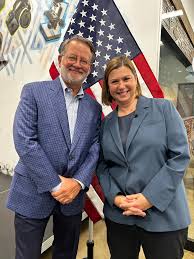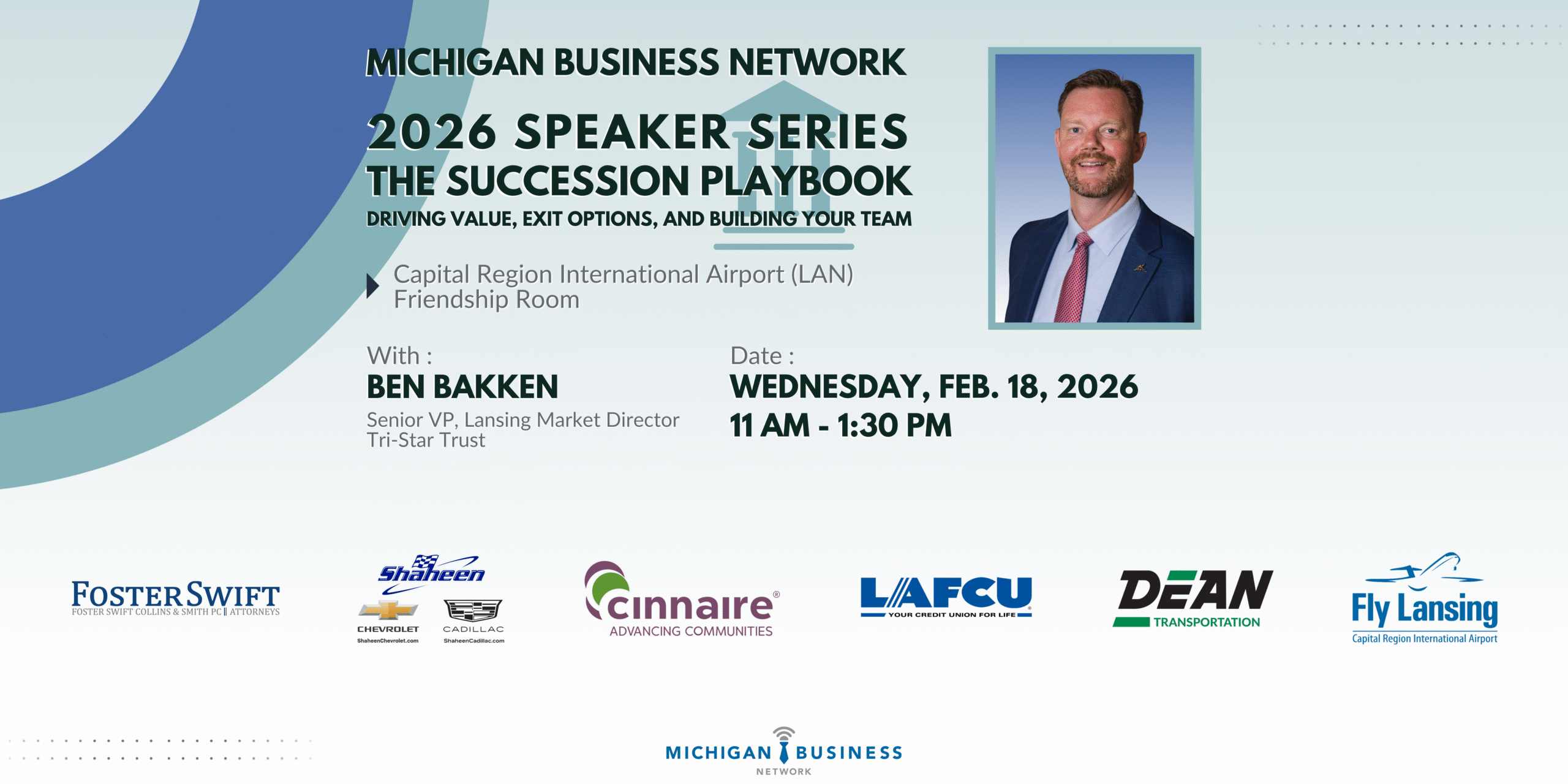
Bipartisan Bill Would Reauthorize and Increase Funding for the Great Lakes Restoration Initiative
WASHINGTON, DC – U.S. Senators Gary Peters (MI) and Elissa Slotkin (MI) are leading bipartisan legislation to extend federal funding and protections for the Great Lakes.
The senators introduced the Great Lakes Restoration Initiative Act of 2025 to reauthorize the Great Lakes Restoration Initiative (GLRI) through 2031 and increase the program’s annual authorized funding levels from $475 million to $500 million. The GLRI is the most significant investment ever made to restore and protect our Great Lakes. The GLRI combines federal and nonfederal efforts to stop the spread of carp and other invasive species, restore coastline and habitats connecting our streams and rivers, clean up environmentally damaged Areas of Concern, and prevent future contamination. While providing vital support for these efforts, the GLRI also helps ensure we can address new and emerging threats to the Great Lakes.
“The Great Lakes are a national treasure and central to our economy, environment, and way of life in Michigan. Since its creation, the Great Lakes Restoration Initiative has made significant headway in cleaning up Areas of Concern, protecting vital habitats, and restoring coastlines around the Great Lakes Basin,” said Senator Peters. “This bipartisan legislation will provide GLRI with the resources needed to build on that success and help protect and preserve the Great Lakes for future generations of Michiganders. I’m proud to again help lead the charge to strengthen this essential program.”
“Our Great Lakes power our Michigan economy, and the Great Lakes Restoration Initiative ensures we are protecting our Lakes for generations to come,” said Senator Slotkin. “From controlling invasive species to responding to algal blooms to building up our waterways infrastructure – the GLRI is a critical tool. Time and time again the Trump administration has tried to zero out this program, and it’s more important than ever we protect it. It’s why I am honored to take up the mantle from Senator Debbie Stabenow, and work alongside Senator Peters to get this bill done.”
Since its inception, the GLRI has spurred tremendous progress in Michigan and throughout the Great Lakes region including nearly half of a million acres of habitat protected, restored, or enhanced, a five-fold increase in the successful cleanup and delisting of Areas of Concern, a ten-fold increase in the remediation of environmental and public health impairments, and reducing the threat of harmful algal blooms. The GLRI’s efforts have also resulted in economic returns of more than 3 to 1 across the region.
“The Great Lakes Restoration Initiative is the most successful effort to protect and clean up our Great Lakes in U.S. history,” said Lisa Wozniak, Executive Director of Michigan League of Conservation Voters. “Our Great Lakes face emerging challenges, like toxic PFAS contamination, invasive species, rapidly warming temperatures and the impacts of climate change, which makes the Great Lakes Restoration Initiative (GLRI) Act of 2025 more important than ever. Protecting our treasured Great Lakes, the source of drinking water for millions of people, is something all Michiganders can get behind, and we look forward to working with lawmakers on both sides of the aisle to get this legislation signed into law.”
“The simple fact is the GLRI funds critical projects that make life better for the millions of Americans that depend on the Great Lakes. It also delivers a positive economic return on the government’s investment in cleaner water and healthier communities. Senator Peters and Senator Young along with other Great Lakes senators have our gratitude for introducing this important bill,” said Joel Brammeier, Alliance for the Great Lakes President and CEO.
“The GLRI is a landmark program that is making significant progress in restoring the waters, ecosystems, economies, and communities that make up the Great Lakes region,” said Erika Jensen, Executive Director of the Great Lakes Commission. “The Great Lakes Commission applauds Senators Peters and Young for introducing this important legislation, which will safeguard the economic and environmental health of the Great Lakes region for generations to come.”
“This bill is a winner for millions of people in the region,” said Laura Rubin, Director of the Healing Our Waters-Great Lakes Coalition. “We thank Sens. Gary Peters and Todd Young for their bipartisan leadership and commitment to tackle the serious threats to our region’s drinking water, public health, jobs, and quality of life. Federal investments to restore the Great Lakes have been producing results, but serious threats remain. We look forward to working with the Great Lakes congressional delegation to pass this bipartisan bill that supports common sense solutions. If we scale back investments now, the problems will only get worse and more expensive to solve.”
“The Great Lakes Restoration Initiative provides critical investments in the health of the Great Lakes and the communities and businesses that rely on clean water. Communities across the region realize the lasting benefits of clean and healthy lakes, which attract visitors, create jobs, and sustain the Great Lakes way of life,” said Peter Laing, Great Lakes Business Network Co-Chair.
The Great Lakes Restoration Initiative Act of 2025 is also supported by the League of Conservation Voters, National Wildlife Federation, Sierra Club, National Parks Conservation Association, Council of Great Lakes Governors, Great Lakes Fishery Commission, American Great Lakes Ports Association, Great Lakes and St. Lawrence Cities Initiative, American Sportfishing Association, Theodore Roosevelt Conservation Partnership, Ducks Unlimited, Trout Unlimited, Congressional Sportsmen’s Foundation, National Audubon Society – Great Lakes, Environmental Law & Policy Center, and other key stakeholders in Great Lakes protection.
Peters and Slotkin have been champions for the GLRI. Peters and Slotkin helped enact the single-largest-ever investment in the GLRI through the bipartisan infrastructure law to accelerate the restoration of nine high-priority areas in Michigan whose lakes, rivers and watersheds flow into the Great Lakes.
###









